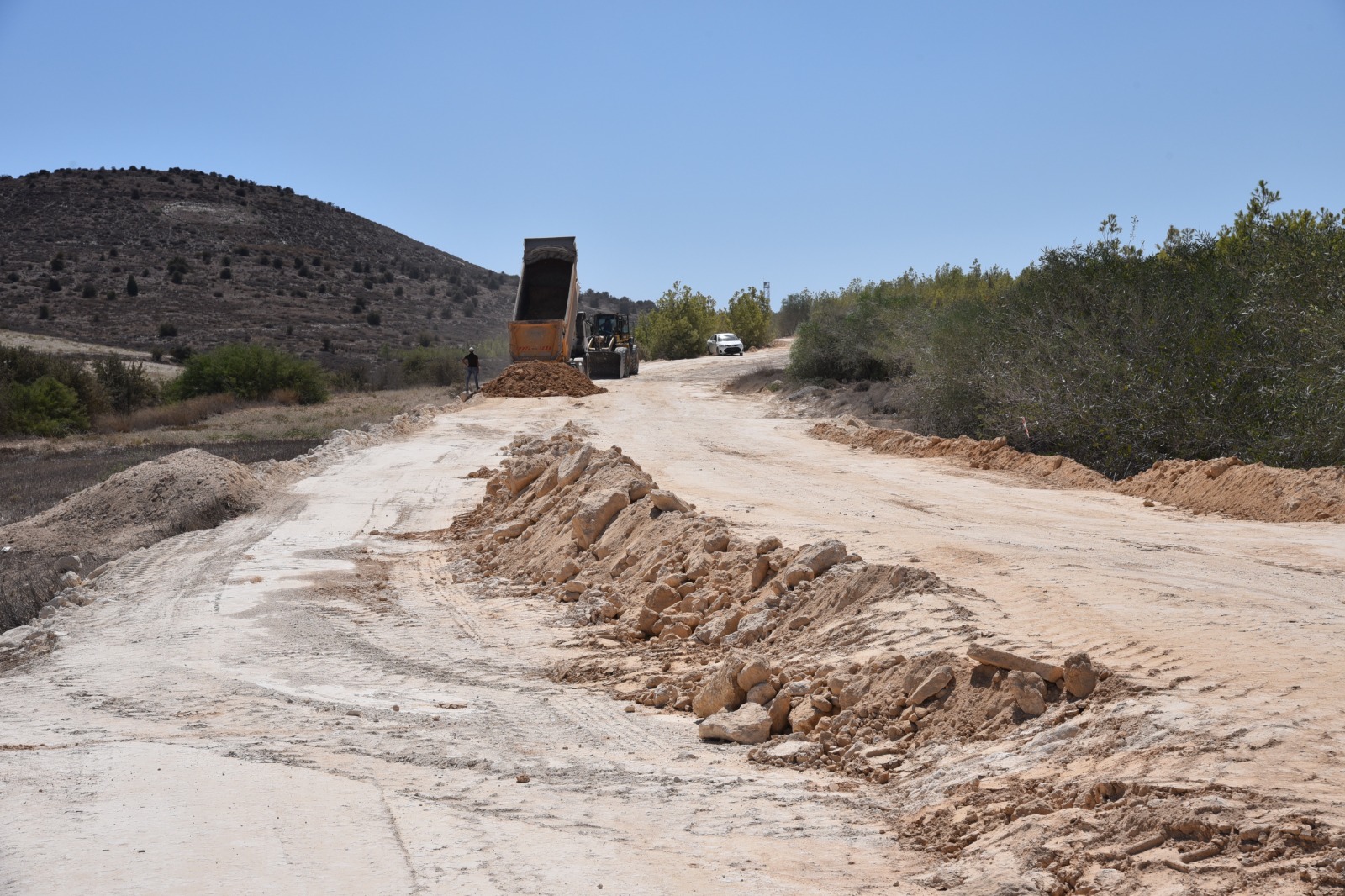Turkey is working to secure support within the United Nations security council for its stance on the Cyprus problem, according to reports which surfaced on Thursday.
The Cyprus News Agency (CNA) reported that Ankara is coordinating closely with non-permanent security council member Pakistan, both at the UN and through the organisation of Islamic cooperation (OIC), ahead of the submission of a resolution which will see the UN peacekeeping force in Cyprus (Unficyp) extended until January 31, 2026.
According to CNA Turkey’s permanent mission is focusing on presenting a “neutral account” of recent goings on in the buffer zone village of Pyla, where construction on a road to the nearby Turkish Cypriot village of Arsos has been stalled for over a year.
Additionally, CNA said, Turkey is pushing for stronger references in the resolution to encourage greater intercommunal trade and engagement between Greek Cypriots and Turkish Cypriots.
CNA added that France, Slovenia, and Denmark, security council members who are also member states of the European Union, “support Cyprus’ position”, while the United Kingdom is seeking a “balanced text”.
CNA said it had been informed by British sources that their main objective is to secure broad support for Unficyp while avoiding unnecessary politicisation of the issue.
French permanent representative to the UN Nicolas de Riviere spoke to CNA about the forthcoming vote on the resolution.
“Unficyp has been in Cyprus for many years. It must remain there because no solution has been found. It provides security at the ‘borders’ between the two communities. The security council must adopt the resolution, there is no doubt about that. France has made its support clear,” he said.
However, he did note the growing divergence between the stated aims of Cyprus’ two sides.
“For a long time, there was an understanding of a bizonal, bicommunal federation. But now, the Turkish Cypriot leadership, with Turkey’s support, is pushing for a two-state solution, which is very different,” he said.
As such, he warned that future negotiations on the Cyprus problem could be difficult if the two communities’ positions remain far apart.
The Cyprus Mail had seen an earlier draft copy of the resolution, which stressed the security council’s “full support” for Secretary-General Antonio Guterres’ efforts to find common ground, and “reiterates the importance of openness, flexibility, and compromise in finding common ground with the goal of returning to formal negotiations”.
It added that the security council “urges the sides to renew their efforts to achieve an enduring, comprehensive, and just settlement based on a bicommunal, bizonal federation with political equality”.
To this end, it said it “strongly encourages all parties to seize the opportunity presented by [Guterres’] ongoing engagement, and stresses that the status quo is unsustainable, that the situation on the ground is not static, and that the lack of an agreement furthers political tensions and deepens the estrangement of both communities.”
Meanwhile, in Cyprus, Turkish Cypriot leader Ersin Tatar’s special representative Gunes Onar and Greek Cypriot chief negotiator Menelaos Menelaou are set to meet on Thursday to discuss the opening of new crossing points between Cyprus’ two sides.
Onar told the Cyprus Mail on Wednesday that the Turkish Cypriot side will suggest that Tatar and President Nikos Christodoulides meet on February 7 ahead of UN under-secretary-general for peacebuilding Rosemary DiCarlo’s visit to the island.
DiCarlo is set to hold separate meetings with DiCarlo and Tatar on February 10, and is also expected to travel to both Ankara and Athens to meet members of the Turkish and Greek governments.
Her visit is set to come ahead of a planned “enlarged meeting” on the Cyprus problem which will involve Cyprus’ three guarantor powers, Greece, Turkey, and the United Kingdom, as well as the UN, and will likely take place in March.






Click here to change your cookie preferences